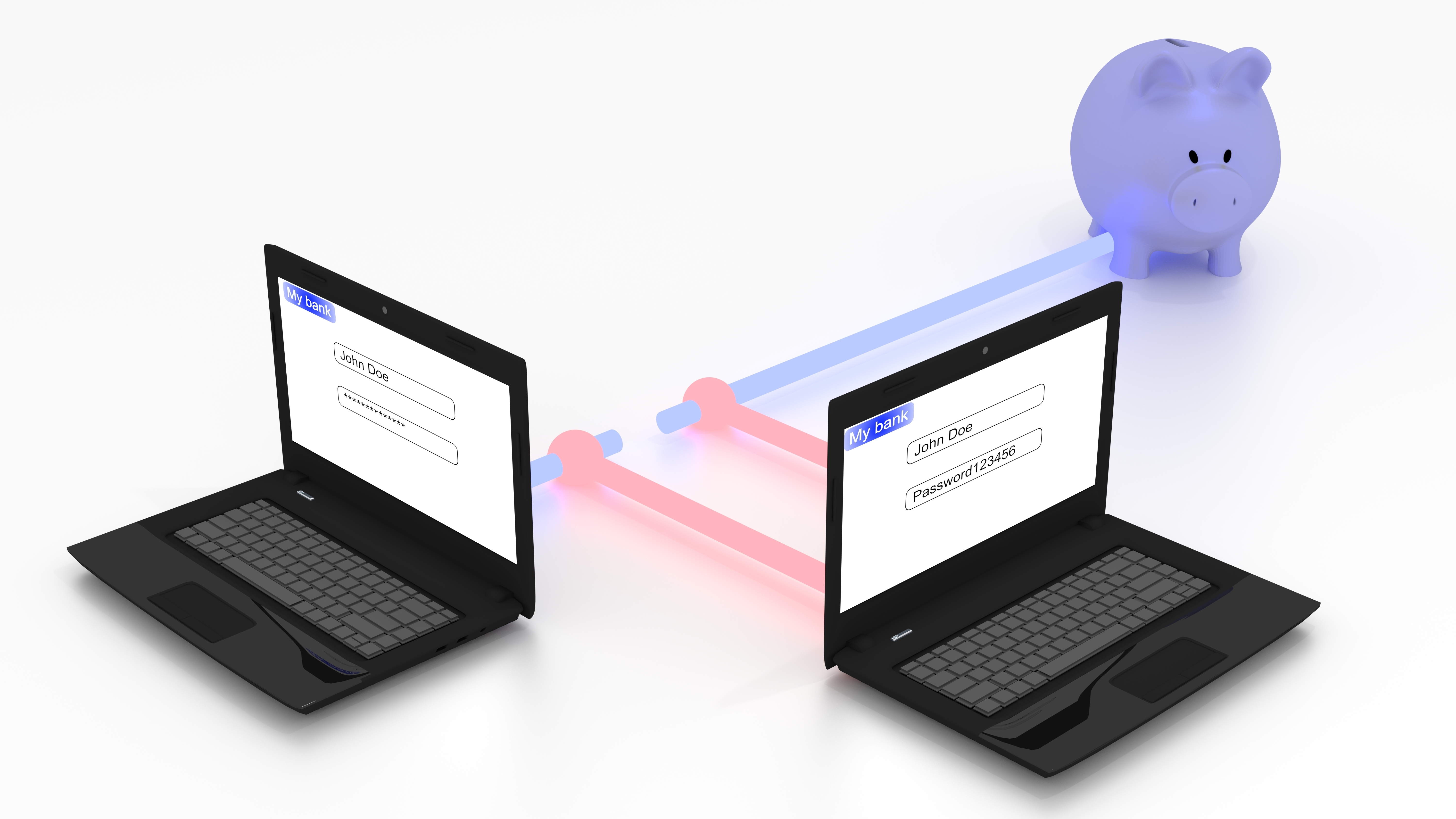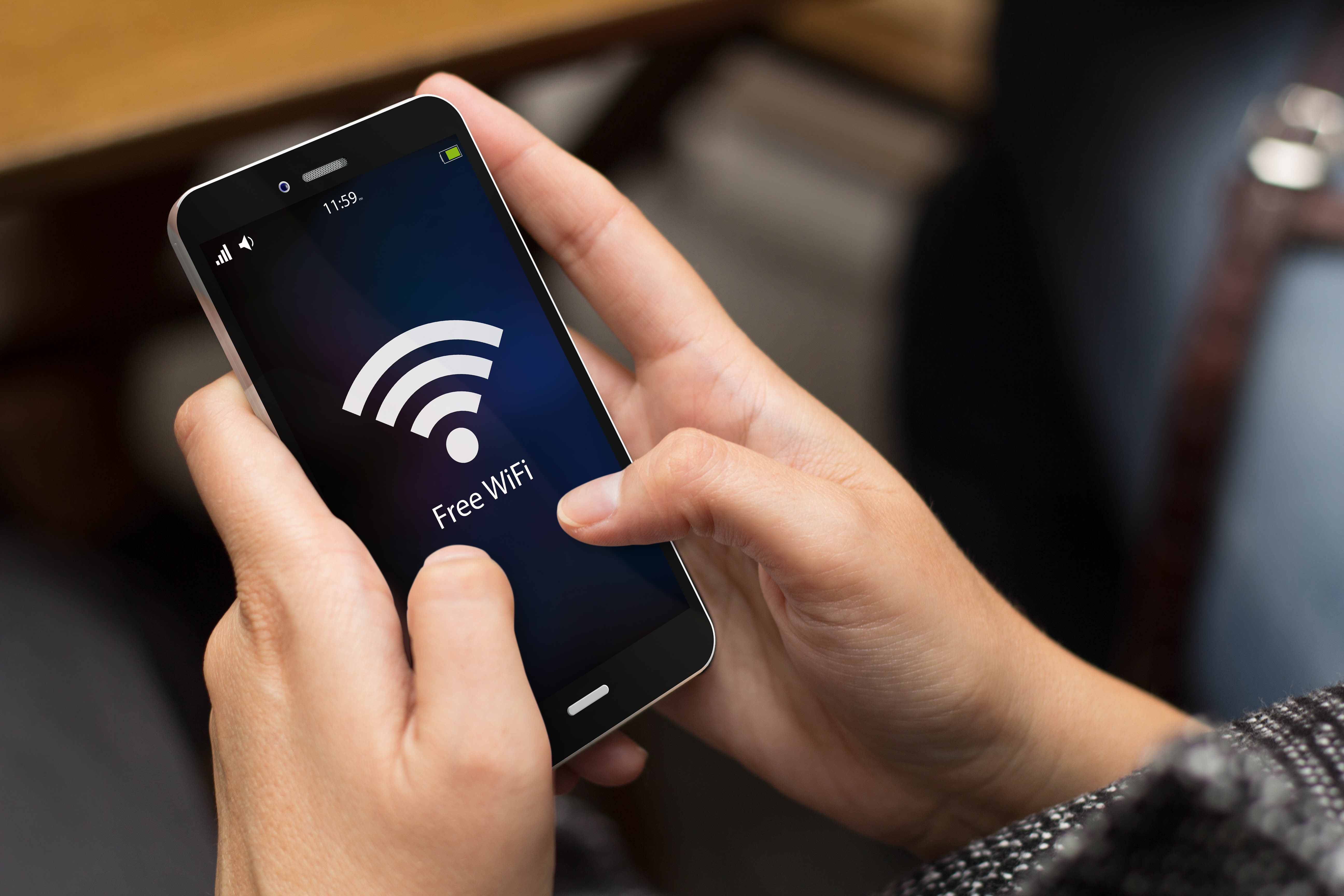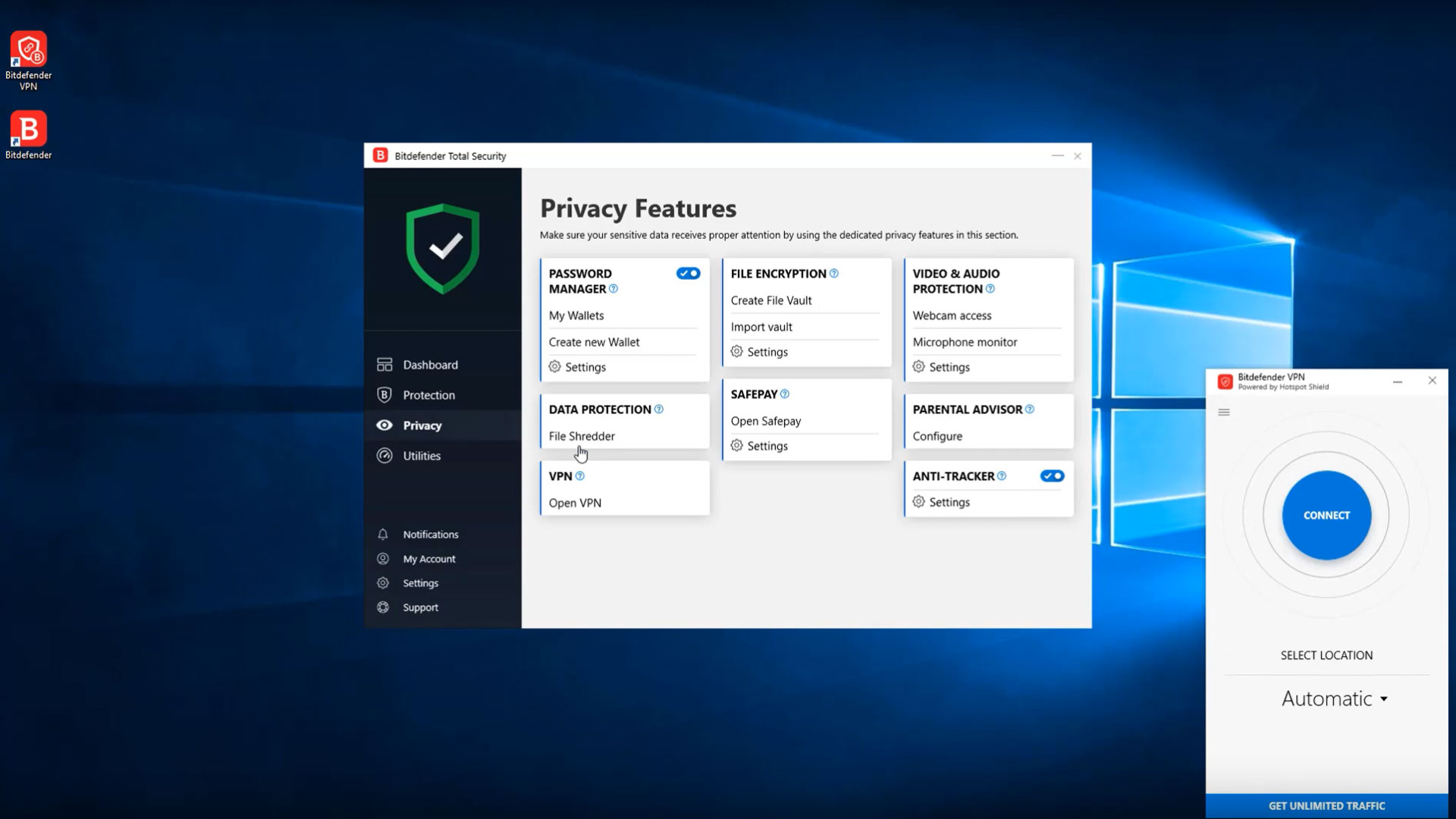Why You Should Already Be Using A VPN

Public Wi-Fi is dangerous. That’s fairly common knowledge at this point. Yet for some reason, people still frequently connect to public Wi-Fi networks, in spite of the dangers.
And there are many dangers. Some of the most common wireless routers and access points on the market lack even basic security protections. And over the course of 2019 alone, we have been made aware of multiple significant vulnerabilities across a wide range of routers targeting both the consumer and business spaces.
Many of these vulnerabilities can be exploited to give hackers unmitigated access to the data being sent through a public network, allowing them to intercept everything from login information to financial details.

Eavesdropping aside, there are other risks to public Wi-Fi connections. Abuse of access permissions could result in malware being foisted onto connected devices, either manually or through a worm. Rogue, spoofed networks could harvest valuable data and otherwise compromise connected devices.
What I’m trying to say here is that if you must use a public network, it’s imperative that you protect yourself. Using one of the best VPN services (Virtual Private Network) is among the best ways to do so. How it works is fairly simple - it acts as a sort of secure ‘tunnel’ for your network activity, encrypting your data so that it’s incomprehensible to prying eyes.
Keeping yourself safe on public Wi-Fi isn’t the only reason to use a VPN, either. It can also cloak your IP address, a measure that can help prevent location tracking. Additionally, encryption of your network traffic prevents third parties such as your Internet service provider from monitoring your browsing activity.

Finally, by configuring your VPN to connect to a proxy server, you add one more layer of security and privacy to your browsing. Essentially a remote gateway through which you access the Internet, a proxy allows you to ‘spoof’ your location. This means that you could appear as though you’re browsing the Internet in the United States when you’re in Canada, for instance.
Privacy aside, this generally allows you to bypass regional restrictions on content, accessing media or websites which may otherwise be inaccessible to you. Note that some streaming services and websites consider proxies and VPNs to be against their terms of service, so this is something you should do only at your own risk. It’s also important to remember that VPNs are not perfect, nor do they protect you from every threat you’ll encounter online.
While using a VPN, your activity on most websites will still be trackable by the site owners. Ad networks can monitor you as well, provided you aren’t using an ad blocker. Finally, a VPN on its own does not protect you from malware or from having your accounts hacked through other means.

That's where Bitdefender comes in. The award-winning Bitdefender Total Security is one of the best anti-malware solutions on the market, and includes, among other things, Bitdefender VPN with up to 200 MB of encrypted traffic per day. It’s exactly what you need to stay anonymous and secure when browsing the web, whether you’re doing online banking or simply chatting with friends.
Of course, even armed with a tool like this, you still need to safeguard yourself against malware and ransomware. Doing so starts with awareness of these threats. We’ll discuss that next time.
Sign up to get the BEST of Tom's Guide direct to your inbox.
Get instant access to breaking news, the hottest reviews, great deals and helpful tips.
